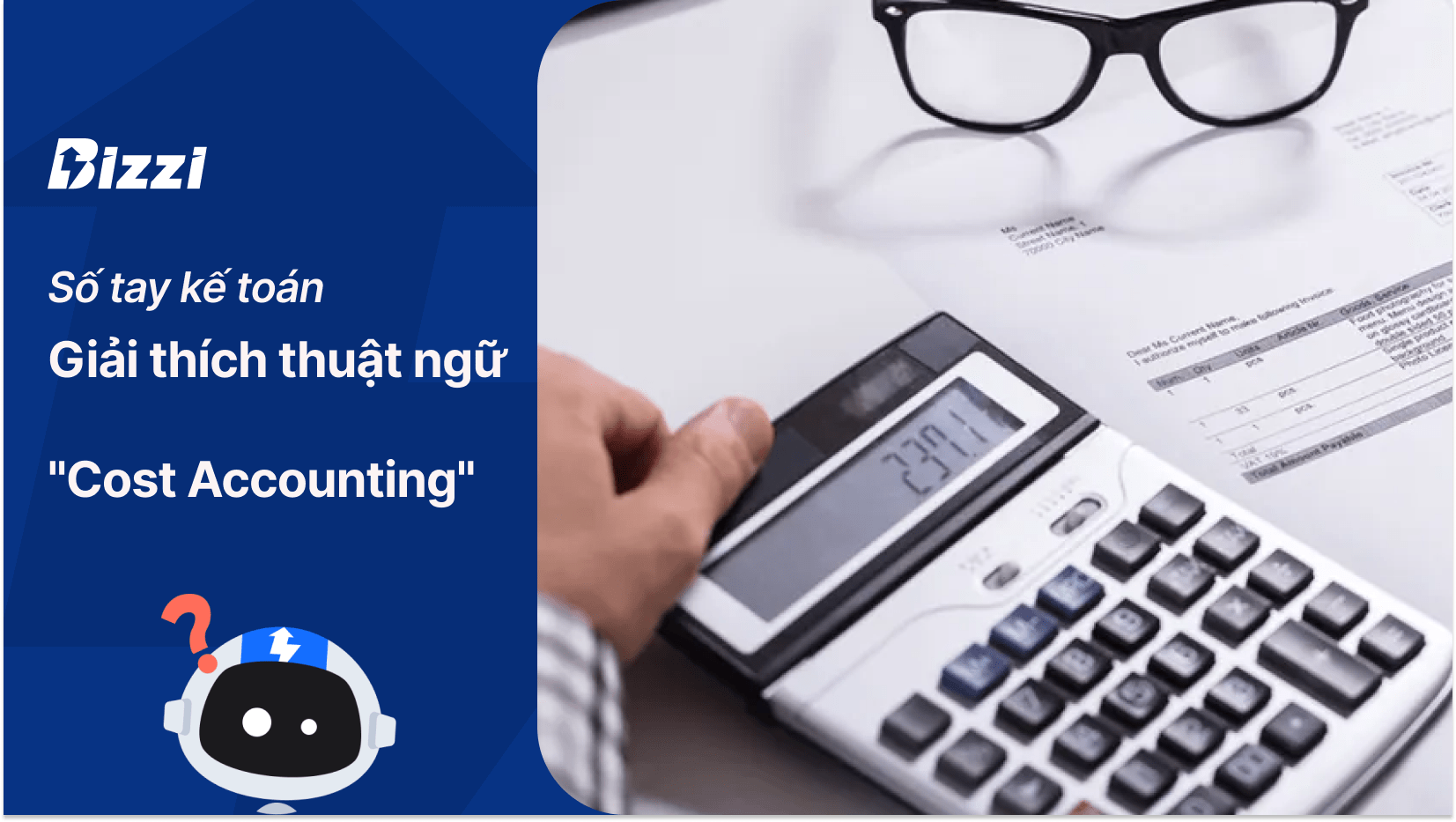Cost Accounting – Cost accounting is a form of management accounting, to collect and provide information about costs related to the production process for management to make business decisions.
Cost Accounting – What is cost accounting?
Cost Accounting – Cost accounting is a form of management accounting, used mainly by business leaders. Cost accounting places emphasis on determining all the variable and fixed costs associated with the production process.
The goal of cost accounting is to provide the insight management needs to control current operations and plan for the future.

The role of Cost Accounting – cost accounting
Control your business expenses
Cost accounting helps to classify expenses such as direct costs, indirect costs, selling expenses, factory costs, etc., which will help businesses control costs and optimize operational processes.
As the price of the product
Cost accounting plays a particularly important role in determining the value of what the business has spent to produce products. The administrator will base it on to calculate the reasonable selling price of the product compared to the expenses spent.
Management control
Information on costs arising from different departments provided to managers will contribute to increasing efficiency for operating decisions, minimizing risks in production and business activities, and helping businesses save costs, limit waste and thereby achieve business goals.
Strategic control
The information and data that cost accounting provides are long-term, reflecting the current situation of the business, so that managers have long-term plans in long-term cost planning.
Types of business expenses
- The variable costs: are costs that vary with a change in the quantity of a good or service that a business produces.
- Fixed costs: is a type of cost that does not change with an increase or decrease in the volume of production.
- Operating costs: is the cost related to the day-to-day operations of the business. These costs can be fixed or change depending on the characteristics of each business.
- Direct costs: is a cost that is directly tied to the production of a particular good or service.
- Indirect costs: is a cost that is not directly related to the product.

The relationship between cost accounting and financial accounting
Cost accounting and financial accounting both use a common data source, which is accounting documents. However, these data will be classified and used in different ways depending on different governance objectives.
- Cost accounting aims to provide information about the costs of the business to the audience mainly business managers.
- Financial accounting focuses on the financial position and performance of a business through financial statements, which include information about a company's revenue, expenses, assets and liabilities. The target audience of financial accounting is broader, including people inside the business such as managers, and also outside the business such as investors, shareholders, creditors, etc.
Above is information related to the term “Cost Accounting”. Besides, in order to help accountants reduce manual operations, digitize the accounting-financial operation process in the pioneering organization Bizzi launched the Lean Cost Management Platform for businesses.
With a solution to automate bill processing using AI artificial intelligence and process automation using RPA robots, Bizzi has become the name mentioned as an effective right-hand man for the accounting team in the community. Vietnamese businesses thanks to touching the "pain" of companies in invoice processing and cost management.
- Learn more at: https://signup.bizzi.vn
- Contact Info:
– Hotline: 028 6275 0321
– Email: contact@bizzi.vn
The term Bizzi x Profin


